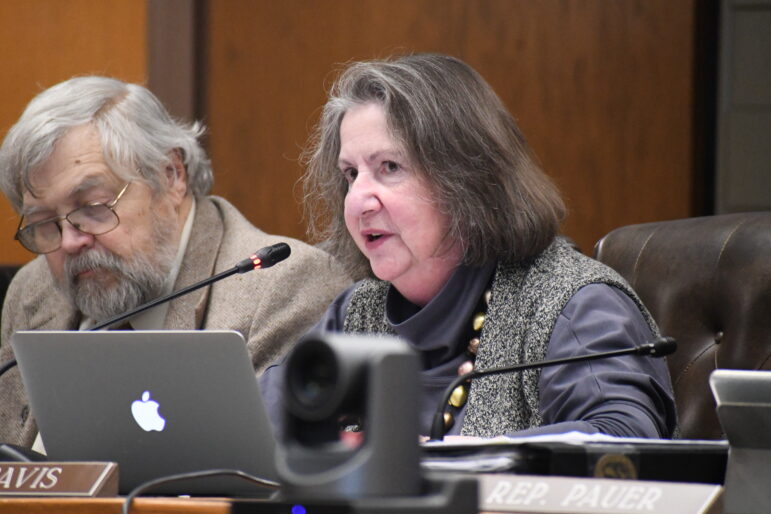
CONCORD, N.H. – Last week, the New Hampshire House of Representatives’ Committee on Municipal and County Government heard testimony on a bill that would expand a program that has helped rehabilitate several properties in Manchester’s downtown area.
Presented by prime sponsor Pat Long (D-Manchester), HB 177 seeks to redefine the state’s community revitalization tax relief incentive, also known by its chapter in New Hampshire’s revised statutes: RSA 79-E funding.
Under current state law, 79-E funding provides a tax incentive to encourage investment in under-utilized older buildings in downtowns and village centers, with the hope of preserving those buildings and transforming them into economic resources for their respective communities.
If a municipality chooses to allow 79-E applicants, a property owner can be subject to relief from increased property taxes for up to 13 years if they choose to renovate that specific building, at the discretion of local officials.
Under Long’s bill, this program would expand from downtowns and town centers to anywhere within a community that holds comparable historic, economic and cultural character. It would also expand the program to allow development of land without buildings in addition to underutilized buildings currently specified in the law.
The applicant must also be the owner of the land.
In Manchester, a new apartment building on West Auburn Street next to the Elm Street Market Basket was the recipient of 79-E funds, as was the new Red Oak building across Elm Street from Market Basket, with that building replacing what was once an unused former warehouse.
Other buildings in Manchester’s downtown that have utilized 79-E funding include the former Raxx building at 1211 Elm St. and 73 Hanover St., which stands across from the Palace Theater. In the case of 73 Hanover St., which was built in the 19th century, it was transformed from office space into 43 new apartments.
Attorney John Bisson, a representative of developers and landowners, provided additional examples of the law’s success in other parts of the state.
“I can’t come up with a reason to not advocate for this given the success of the program,” he said.
Laurel Stavis (D-Lebanon) asked if the language of the bill could be changed to include requiring deeded property, which Long had no problem with. Stavis also asked if there were limits to these grants, such as a developer wanting to repave a blighted parking lot on a property. Long said it would be unlikely that even a parking lot that is an eyesore to its community would receive 79-E funds as the program is not meant for beautifying but building municipal infrastructure.
Julie Gilman (D-Exeter) also noted that communities would likely have to renew their acceptance of allowing 79-E grants if this bill became law.








